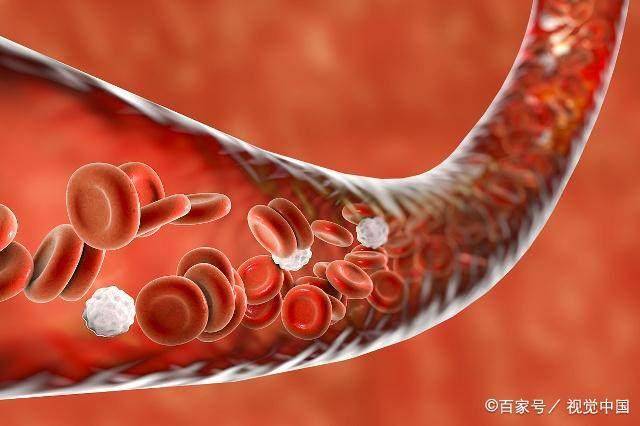Blood vessels spread throughout every corner of our bodies, connecting the various internal organs, responsible for transporting nutrients and excreting waste.
Therefore, it is essential to keep the blood vessels clear on a regular basis. Once an accumulation of toxins and waste occurs in the blood, it can cause blockages in the blood vessels, hindering blood flow and posing a threat to one’s life. Many cases of blood vessel blockages are primarily caused by dietary habits, let’s explore together.
Are Blood Vessel Blockages Caused by What We “Eat”? 5 Foods You Should Watch Out for Even if You Love Them
Fried Chicken Legs:
Fried chicken legs represent deep-fried food, loved by many due to their appealing taste and aroma after the frying process. The production of trans fats in fried chicken legs increases the levels of bad cholesterol in the body, reduces the levels of good cholesterol, making the blood thicker and significantly raising the risk of blood vessel blockages. Cardiovascular diseases may follow, so remember, blood vessel blockages are often a result of dietary choices. It’s better to control cravings for such deep-fried foods.
Butter Cake:
Butter cake represents high-sugar foods, containing a significant amount of sugar. Regular consumption of this food can lead to imbalanced blood sugar levels in the body.
This can disrupt normal metabolism, affect cholesterol consumption, stimulate blood vessels, causing abnormal vasoconstriction, and can easily trigger blood vessel blockages. Therefore, it’s best to blacklist ingredients like butter cake.
Animal Entrails:
In daily life, many people enjoy eating animal entrails, which can be beneficial in moderation for health.
However, this food belongs to the category of high-cholesterol ingredients. Frequent consumption can lead to the accumulation of excessive bad cholesterol on the blood vessel walls, forming plaques, obstructing blood flow, and leading to blood vessel blockages. Animal entrails are also a major culprit in causing cardiovascular diseases, so it’s recommended to blacklist this food for maintaining a healthy heart and brain.
Cured Meat:
Cured meat is a common food served on the dining table, loved by many, but it contains excessive fat. Regular consumption can affect the elasticity of blood vessels, leading to blockages and gradually increasing the likelihood of blood clots forming.
Thus, it’s best to blacklist such foods to keep the blood vessels clear and protect overall health.
Pickled Vegetables:
Pickled vegetables are refreshing and go well with meals, tempting many to consume them frequently, even incorporating them into all three meals of the day. However, these are pickled foods with high salt content, which can trigger hypertension.
High blood pressure can also affect blood vessel health, causing damage to the blood vessel intima, significantly increasing the risk of developing atherosclerosis. Blood clots may also follow, so to prevent blood vessel blockages, it’s advisable to consume pickled vegetables in moderation.
Natural “Clot Buster” Discovered, Have a Little Every Day, Keep Blood Vessels Elastic, Clots Away
Onions:
Despite not being everyone’s favorite taste-wise, onions are rich in nutrients. If blood vessels are blocked, consuming more onions can be a good choice. Onions are known as a natural “clot buster,” effective in lowering blood thickness, reducing vessel pressure, rapidly decreasing blood lipids, and preventing atherosclerosis.
Moreover, onions contain abundant prostaglandin A, helping to dilate blood vessels, reduce vessel permeability, lower blood pressure, and enhance vessel elasticity. If you enjoy onions, having them regularly can keep your blood vessels clear and elastic, keeping clots at bay.
In addition to promoting blood vessel movement through diet in daily life, it is also important to cultivate good daily routines and eating habits. Stay hydrated, exercise more – this can help keep your blood vessels clear, preventing the onset of cardiovascular diseases.
The natural “clot buster” has finally been found, have a little every day, and watch clots quietly “slip away”!


